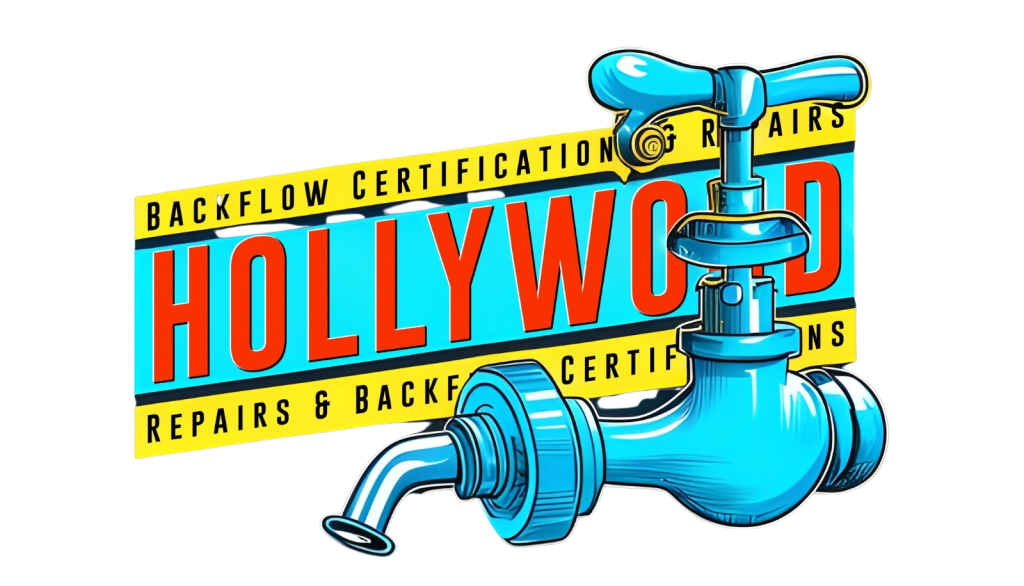As a homeowner, you take pride in maintaining your property and ensuring the safety and well-being of your family. However, one crucial aspect that many homeowners overlook is the need for backflow certification. Backflow occurs when the flow of water reverses direction and contaminants or pollutants enter your drinking water supply. This can happen when there is a sudden drop in water pressure or when the supply line is damaged. Backflow can pose a significant health risk to you and your family and can also result in costly damages to your property.
In this article, we will explore the benefits of obtaining backflow certification as a homeowner. We will discuss the importance of backflow prevention and the potential consequences of not having a backflow prevention device installed. We will also cover the certification process and answer some frequently asked questions to help you better understand this essential aspect of homeownership.
The Importance of Backflow Prevention
Backflow prevention is crucial to protect your drinking water supply from contamination. Without proper backflow prevention devices, pollutants and contaminants can enter your drinking water, posing a severe health risk to you and your family. Some common contaminants that can enter your water supply include:
- Pesticides and herbicides
- Chemicals from industrial processes
- Human and animal waste
- Bacteria and viruses
The consequences of contaminated drinking water can range from mild stomach discomfort to severe illness and even death in extreme cases. It is crucial to take preventative measures to ensure that your drinking water remains safe.
The Benefits of Backflow Certification for Homeowners
Obtaining backflow certification has several benefits for homeowners, including:
1. Ensuring the Safety of Your Drinking Water
Backflow certification ensures that your home has the necessary backflow prevention devices in place to protect your drinking water supply from contamination. By having your system inspected and certified, you can have peace of mind knowing that your family’s health and safety are protected.
2. Avoiding Costly Damages to Your Property
Backflow can also cause significant damages to your property, resulting in costly repairs. When backflow occurs, water can overflow from sinks, toilets, and other fixtures, causing flooding and water damage. By obtaining backflow certification, you can prevent these damages from occurring and avoid costly repairs.
3. Complying with Local Regulations
Many cities and states require homeowners to obtain backflow certification to comply with local regulations. Failure to comply can result in fines and penalties, and in some cases, the suspension of your water service. By obtaining certification, you can avoid these consequences and ensure that your home is up to code.
The Backflow Certification Process
The backflow certification process involves several steps, including:
1. Inspection
The first step in the certification process is an inspection of your property’s plumbing system. A certified backflow prevention specialist will assess your plumbing system and determine if there are any potential hazards or deficiencies.
2. Installation of Backflow Prevention Devices
If your plumbing system does not have the necessary backflow prevention devices in place, the specialist will install them. These devices prevent the flow of water from reversing and contaminating your drinking water supply.
3. Testing
After the devices are installed, they will be tested to ensure that they are working correctly. This testing ensures that your drinking water supply is protected from contamination.
4. Certification
Once the devices have been installed and tested, you will receive a backflow certification. This certification indicates that your home’s plumbing system has been inspected, and the necessary backflow prevention devices have been installed and are working correctly. This certification will typically need to be renewed annually or every three years, depending on local regulations.
FAQs about Backflow Certification
- Why do I need backflow certification as a homeowner?
Backflow certification is essential for protecting your drinking water supply from contamination and avoiding costly damages to your property. It is also often required by local regulations.
- How often do I need to renew my backflow certification?
The renewal period for backflow certification varies depending on local regulations. In some areas, it may be required annually, while in others, it may be required every three years.
- Can I install backflow prevention devices myself?
No, backflow prevention devices should only be installed by certified professionals with the necessary training and expertise.
- How much does backflow certification cost?
The cost of backflow certification varies depending on several factors, including the size and complexity of your plumbing system and the local certification requirements. It is best to consult with a certified backflow prevention specialist to get an accurate estimate.
Conclusion
Obtaining backflow certification is a crucial aspect of homeownership that should not be overlooked. It is essential for protecting your drinking water supply from contamination and avoiding costly damages to your property. By having your plumbing system inspected, installing the necessary backflow prevention devices, and obtaining certification, you can have peace of mind knowing that your family’s health and safety are protected. Additionally, complying with local regulations will ensure that you avoid fines and penalties and maintain a safe and code-compliant home. Don’t overlook the benefits of backflow certification for homeowners – take action today to protect your home and health.

